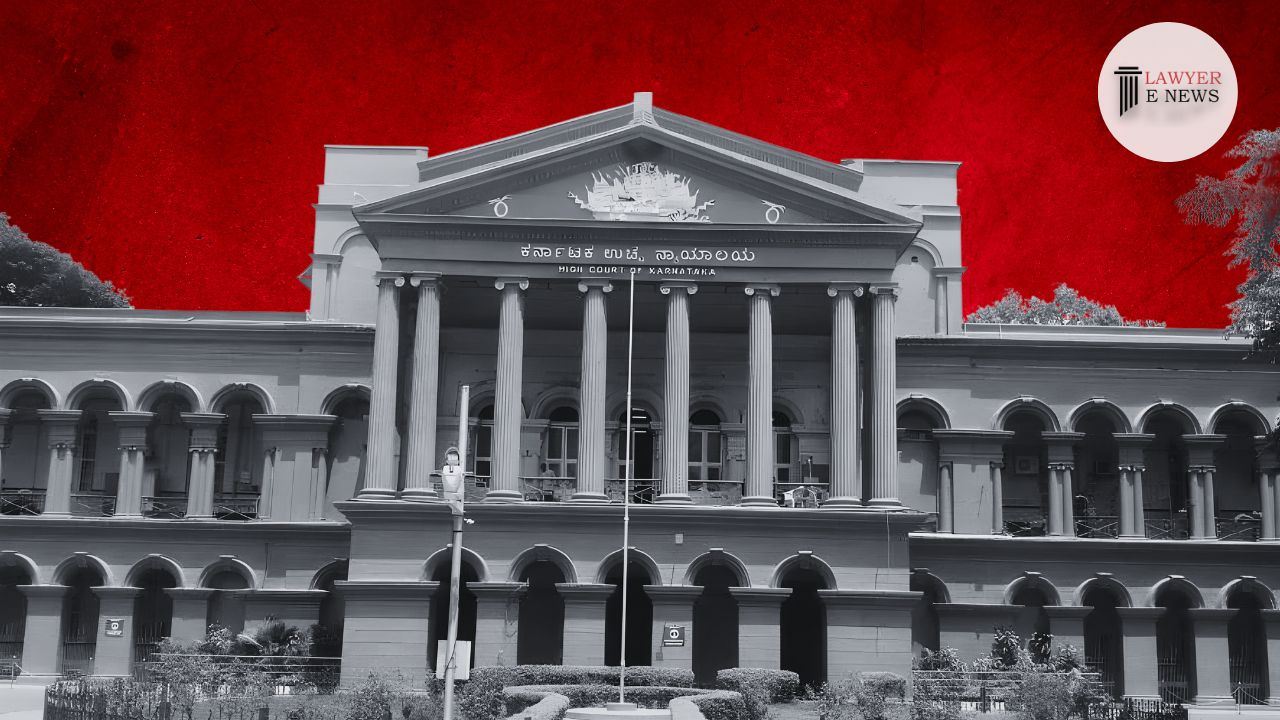-
by Admin
15 February 2026 5:35 AM



In a significant ruling, the Karnataka High Court has annulled a gift deed executed by an elderly mother in favor of her son, citing the son’s failure to fulfill his duty to provide care and support. The court, led by Justice Suraj Govindaraj, emphasized the legal obligations under the Maintenance and Welfare of Parents and Senior Citizens Act, 2007, to ensure the welfare of elderly parents. The judgment underscores the court’s commitment to protecting the rights of senior citizens against neglect by their children.
The petitioner, Smt. Shoba, a 65-year-old housewife, had gifted her property in Raichur to her son, Dr. Anil P. Kumar, with the expectation that he would provide for her and her late husband in their old age. The property, registered under a gift deed on March 4, 2014, was intended to help Dr. Kumar establish a nursing home. However, Smt. Shoba filed a petition under Section 23 of the Maintenance and Welfare of Parents and Senior Citizens Act, 2007, after her son failed to provide the promised care, leading to the present legal challenge.
Condition of Care Implied in Gift Deed: The court observed that while the gift deed did not explicitly mandate Dr. Kumar to care for his mother, the broader context and expectations surrounding the deed implied such an obligation. The court stated that parents who transfer property to their children often do so with the hope and expectation of being taken care of in their old age. “A reasonable expectation that their offspring would take care of their requirements in their old age can be so imputed,” the court noted.
Application of the Maintenance and Welfare of Parents and Senior Citizens Act, 2007: The court rejected the son’s argument that the petitioner was not a senior citizen at the time of executing the gift deed and therefore could not invoke the Act. The court clarified that the relevant time for considering the petitioner’s status as a senior citizen is the date of the application under the Act, not the date of the gift deed.
Rejection of Assistant Commissioner’s Order: The Assistant Commissioner’s earlier order dismissing the mother’s application was quashed by the High Court. The court found that the Assistant Commissioner had erred in concluding that the absence of a care clause in the gift deed absolved the son of his responsibility.
Moral and Legal Duty of Children: The court highlighted the moral and legal duty of children to care for their parents, particularly when property has been transferred to them. The court’s decision reflects the broader intent of the 2007 Act to ensure the welfare of elderly parents, emphasizing that adult children cannot escape their responsibilities.
Justice Govindaraj extensively referred to the Supreme Court’s interpretation of Section 23 of the Maintenance and Welfare of Parents and Senior Citizens Act, 2007, particularly the ruling in Sudesh Chhikara vs. Ramti Devi. The High Court clarified that the obligation to provide for a parent’s basic needs need not be explicitly stated in a gift deed if it can be reasonably inferred from the circumstances surrounding the transfer. The court emphasized that the Act is designed to protect elderly parents from neglect and to enforce the legal obligations of their children.
The Karnataka High Court’s decision serves as a crucial precedent in safeguarding the rights of elderly parents under the Maintenance and Welfare of Parents and Senior Citizens Act, 2007. By voiding the gift deed and ordering the return of the property to Smt. Shoba, the court has reinforced the legal and moral duty of children to care for their aging parents. The ruling is expected to have significant implications for similar cases in the future, ensuring that the welfare of senior citizens is given paramount importance in property transfers within families.
Date of Decision: July 29, 2024.
Smt. Shoba vs. Dr. Anil P. Kumar
